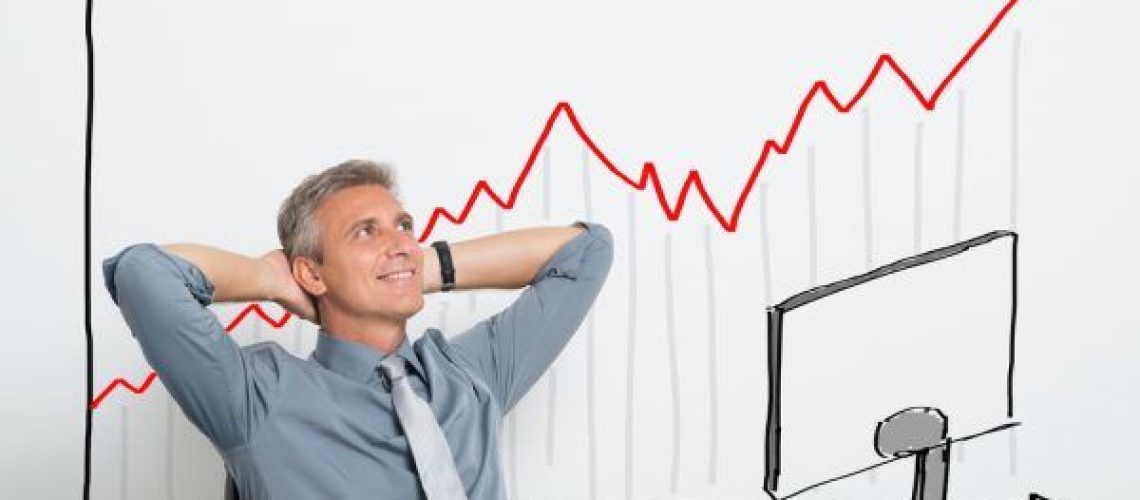The greater majority of investors are focused on one thing: finding an excellent stock, and finding it now. And if you’ve been an investor for a while now, this wish might have turned into reality more than once.
Notwithstanding, depending (solely) on luck isn’t a great strategy. Thereupon, is there a way you can tell whether your investing decisions have been due to mere chance, or because you are a genuinely good investor? Whether you can never pinpoint the naked truth, there are some aspects that may indicate the answer to your question. Let’s find them out!
Traits of a Good Investor
1. You purchase profitable assets
If you compare stocks to symbols, and you base your purchasing habits on price alterations alone, it means you’re an excellent speculator. Nonetheless, if you’re growing your income by trading commodities and currencies, as opposed to valuing property or business, it’s just your luck.
Not many are those investors that can make a consistent income by merely predicting the market. However, the ones that have experienced financial success are the people who bought productive assets, which generated cash, even though at the moment of the purchase were undervalued.
2. You take into account the price
As an investor, one of the most significant variables when it comes to investments is the price, and you should keep that in mind. If you are concentrated on establishing the value of a company and indicating the revenue that it will generate, it means you have the correct mindset. Real investors aren’t eager adepts of overpaying. On the contrary, they acknowledge that great businesses equal poor investments when the price paid is too high.
3. You embrace diversification
Owning up to 30 stocks is a decent, diversified approach for the largest majority of portfolios and significantly diminishes the exposure to particular risks. In the meantime, real investors don’t stop here. They make sure that the risks they are exposed to are always held under control. Moreover, having a considerable percentage of your money split between the most important banks in the country isn’t exactly the most diversified approach, if you know what we mean.
4. You consider long-term consequences
This feature is the one that truly separates the wheat from the chaff. Before making a decision, a good investor examines the long-term implications of that choice. For instance, if you were to purchase a farm, you shouldn’t be thinking about the price you could obtain from it the following day. Instead of that, you should determine the amount of money it could produce in a long-term scenario. Bear in mind that trading can become your worst enemy if you’re not careful, so keep all these tips and tricks in mind.





